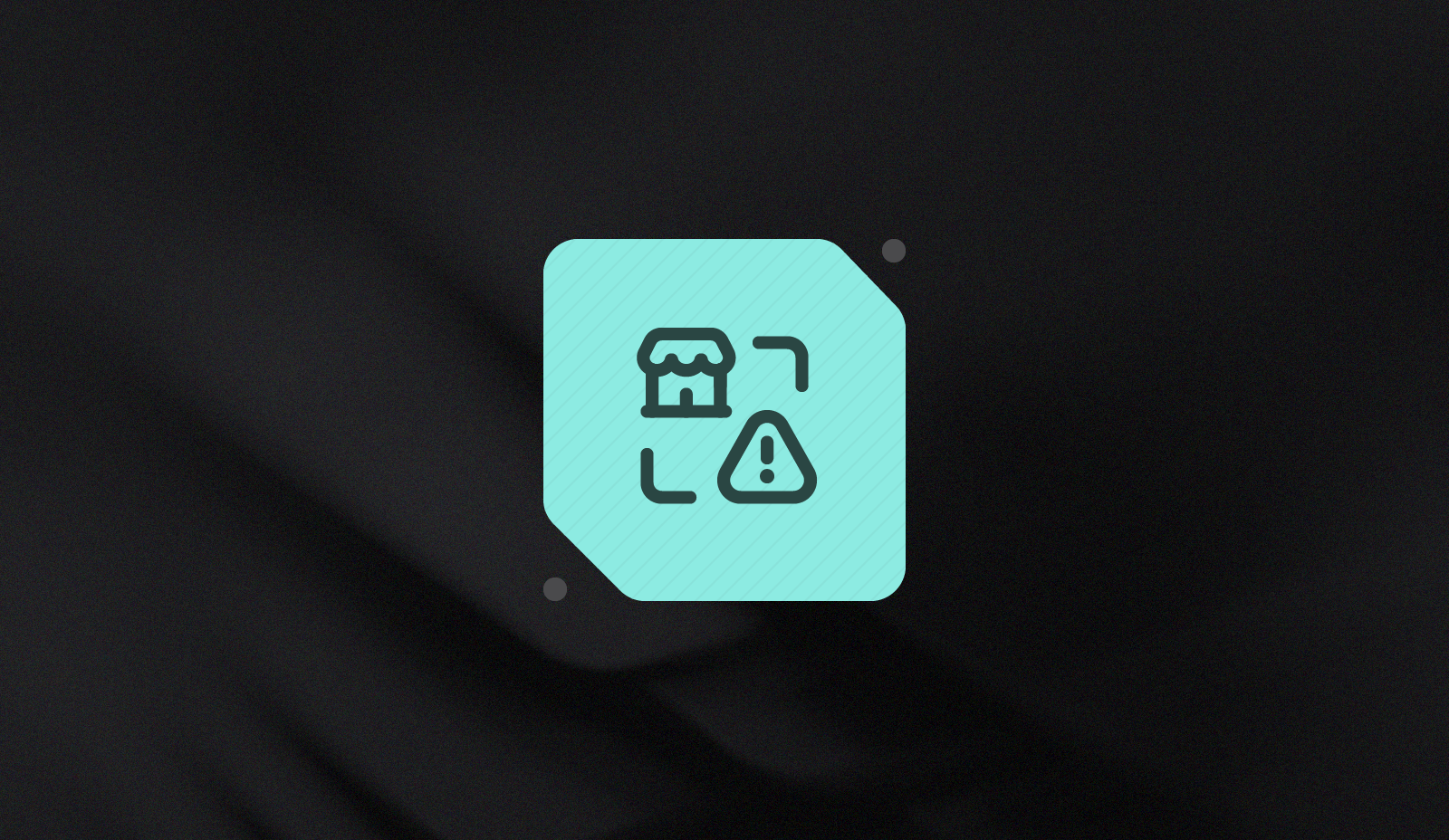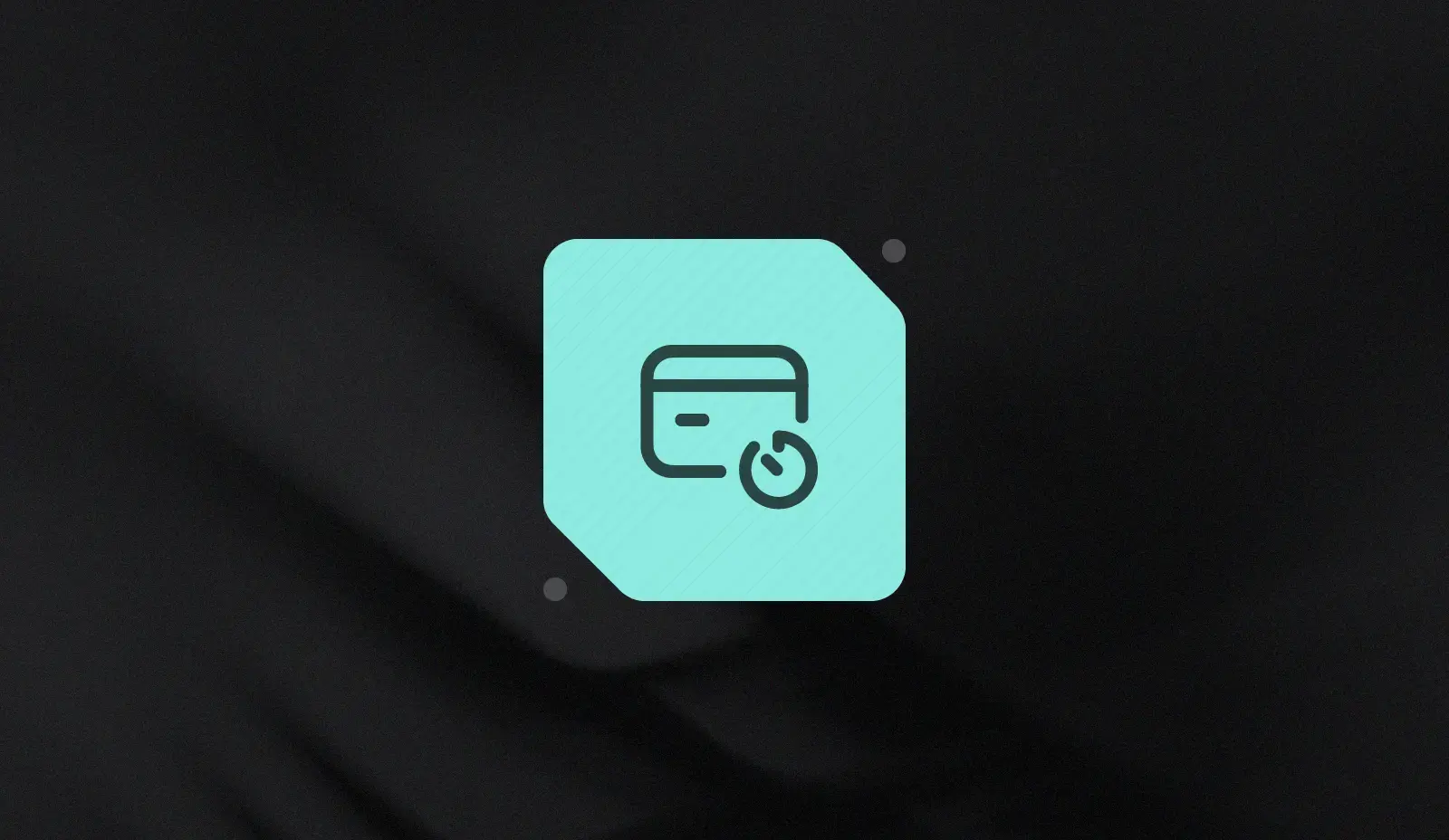So you’re a high-risk merchant, now what?

The card networks and payment gateways designate high-risk merchants as less safe than their normal clientele because of evidence like high chargeback rates (above 1%) or guilt by association—being in an industry associated with risk, like gambling, cannabis, and, surprisingly, e-commerce.
Looking at the broader payments ecosystem, it can be arduous for a merchant even to acquire a high-risk merchant account with a payment service provider (PSP). Even the most prominent merchants struggle to maintain a connection with card networks, requiring companies to engage with one or more PSPs.
These operate as payment gateways or intermediaries, passing information to and from the card networks. This requires merchants to pass muster with the card networks and the payment gateways, who then essentially represent them in all payment transactions via its high-risk merchant account.
Who is considered a high-risk merchant?
Businesses in these types of industries are typically considered high-risk merchants, and will require a high-risk merchant services:
- Adult Industry
- Travel (Airlines, Cruises, Vacation Planners)
- Furniture and Electronic Stores
- Gambling, Gaming, and Sports Betting
- Online Dating
- E-Commerce
- Multi-Level Marketing
- E-Cigaratte, CBD, and Cannabis
- Debt Collection
- Subscription Services
- Digital Health Platforms
Merchants designated as high-risk endure longer, more complex application periods for what are known as “high-risk merchant accounts” that come with approximately 1.5% higher than normal transaction costs. Adding insult to injury, high-risk merchants are often required to maintain merchant account reserves: their PSP may hold as much as 5% of each transaction for a designated period before payout to cover anticipated chargebacks.
Every card network or payment gateway has its own set of criteria for characterizing an account as “high-risk.” Whether it’s a “red, yellow, green” type of matrix or scoring system, each network has specific programs and criteria. Visa has its Global Acquirer Risk Standards (GARS), Mastercard uses programs like High-Risk Merchant (HRM) Monitoring and American Express employs the Merchant Risk Management framework.
Here are a few other guidelines for determining who may be labeled as “high-risk.”
- High Transaction Volumes: With high dollar amounts, abnormally high volumes could signify potential chargebacks or risks of fraud.
- Accepting International Payments: Selling in countries (excluding the United States, Canada, Japan, Australia, or Europe.)
- New Merchant: If the merchant has no history of processing transactions or a very minimal track record, it is likely to be labeled as “high-risk.”
- Low Credit Score: Newly established businesses without a proven track record can be considered high-risk. This is most commonly seen with startup status.
- Industry Affiliation: Even with a spotless record, a merchant operating in an industry that is considered “high-risk” because of fraud, returns, or chargebacks. It is common for subscription-based companies to be labeled as “high-risk” because many people will sign up for a trial and forget to cancel their payment, often leading to a chargeback when they see a forgotten charge.
High-Risk Payment Processing
Several providers specialize in high-risk payment processing. PaymentCloud, Soar Payments, and Durango all offer high-risk merchant services to businesses in high-risk categories that the overall payment ecosystem is not hugely welcoming to.
Carefully examine the services offered and the fees charged by any high-risk payment processor you are considering.
Because the participants in the payment ecosystem are justifiably concerned about the risks associated with high-risk industries, merchants can expect to pay higher chargeback fees and potentially lock into longer contract terms. It’s common to pay a monthly fee until a transaction history is established to verify that there’s no elevated risk of chargebacks.
Return to Top
Can a high-risk merchant become a low-risk merchant?
The short answer is yes. There is theoretically nothing permanent about a high-risk merchant designation. The longer answer, however, requires some nuance.
Businesses that attain a high-risk designation by causing excessive chargebacks (generally defined as 1% or more of all transactions) can win their way back into the good graces of the payment ecosystem by tightening their processes and reducing their chargeback numbers. Even those in the e-commerce business who may enter into their payment relationships listed as high-risk merchants can move into a lower-risk designation by maintaining low chargeback ratios over a reasonable period of time.
By contrast, merchants designated as high-risk due to their industry—gambling, tobacco, and CBD products are prime examples—are likely to remain in this category for as long as the payment industry regards those industries with mistrust. However, we’d recommend a few best practices:
- Understand the Regulations in Your Industry: Become knowledgeable about the standards the card networks and PSPs have in place regarding chargebacks, fraud, disputes, fraud prevention, reporting, and compliance. Stay on top of industry trends to keep your business operational as the industry evolves.
- Choose the Right PSP(s): Partner with reputable payment processors who have a history of working successfully with your MCC code.
- Provide Clear Communication: Make it easy for new customers and partners to understand what your business is, how the purchasing process works and what the terms of use are. This makes it significantly easier to fight fraud but for any partners to do the same.
- Prioritize Customer Service: Ensure that inquiries into refunds, issues or general questions are addressed promptly to keep chargebacks below any threshold.
- Maintain PCI DSS Compliance: Any merchant handling sensitive card information must be PCI compliant.
- Monitor transactions: Have programs and systems in place that routinely monitor transaction data to identify trends, patterns, and anomalies that could identify suspicious activity. High-performing merchants diagnose and address issues before they ever threaten business continuity.
- Find specialty partners: Enlist trusted partners to assist with operating in highly regulated environments.
Escaping the mantle of high-risk merchants is most effectively executed by having relationships with multiple PSPs. Some specialize in delivering a suite of high-risk merchant services that help offset fraud risks merchants face. However, they may not offer a low-risk option, meaning that even if the card networks release the merchant from the high-risk designation, they still cannot reduce their fees or eliminate the need for a reserve fund.
How can a high-risk merchant hedge their risk?
Assuming the merchant isn’t engaged in a business that the payments industry considers inherently and inescapably high-risk, there are several things they can do, including:
- Ensure processes, including refund and cancellation rules, are clearly communicated and executed to reduce chargebacks
- Protect cardholder information by employing a tokenization strategy that keeps all cardholder data safely stored in a secure third-party vault
- Create and maintain a multi-PSP strategy, gaining more control over costs, customer information, and solution innovation
While a PSP specializing in servicing high-risk merchants is a must early on, their elevated cost structure is unlikely to make them the ideal long-term partner. For this reason, it is essential for the merchant to partner with a tokenization service provider like Basis Theory to switch between PSPs while continuing to own their existing customers’ cardholder data.
Hearing from a high-performance, high-risk merchant
Passes is a Miami-based creator platform enabling fans to access exclusive content and experiences. Because of their industry, Passes is labeled as a high-risk merchant.
With a business model similar to OnlyFans or Fansly, Passes empowers creators to monetize on their own by enabling seamless and secure transactions between a creator and their fans.
However, because of the perceived high-risk nature of the platform, many PSPs were difficult to work with and had the ability to freeze any transactions without warning.
A member of the tech team said, “We were working with a PSP and they said they were ok with our business, but ended up going back on their word and shutting us off without warning.”
This led Passes to integrate with another payment provider essentially overnight—but still with the risk of a potential shutdown.
“We needed to make sure that we’re always in a position where we will have a provider even if something happens,” the tech lead said.
To turn this idea into reality, Passes partnered with Basis Theory. The case study explains how Basis Theory helped this high-risk merchant.
.png?width=365&height=122&name=BTLogo%20(1).png)




